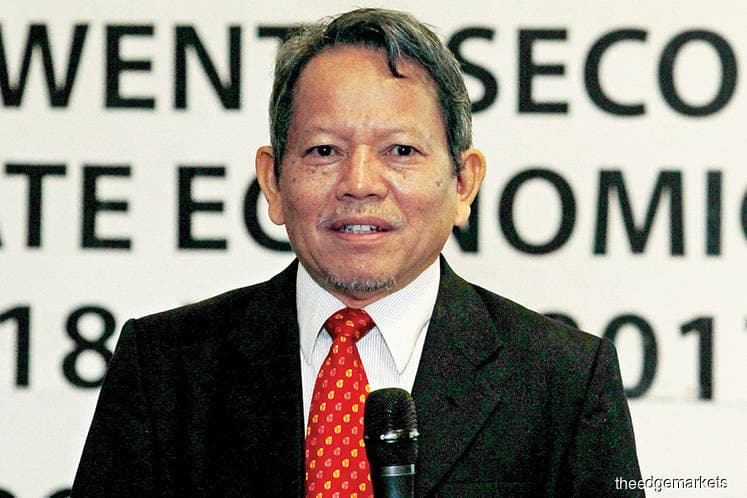
This article first appeared in The Edge Financial Daily on October 20, 2017
KUALA LUMPUR: Having the lowest cost of living among Asean countries may be enviable, but the Malaysian Institute of Economic Research (MIER) said coping with daily expenditure remains difficult for many Malaysians.
In April, citing the Economist Intelligence Unit’s 2017 global survey, Prime Minister Datuk Seri Najib Razak said government policies and programmes are bearing fruit as Malaysians are enjoying the lowest cost of living in Asean.
But MIER executive director Emeritus Professor Dr Zakariah Abdul Rashid said yesterday the high inflation in the first half of 2017 have hurt Malaysians’ purchasing power. “2017 is a year of high prices. The high inflation phenomena has contributed to lower real income. The average 4% inflation in the first eight months of this year is considered high,”he said.
Malaysia’s headline inflation as measured by the Consumer Price Index came in at 2.1% in 2016. Citing data from the statistics department, Zakariah said the real increment for household income was 3.7% between 2014 and 2016. “Some media reported there is [a]disconnect between economic growth and what people actually feel. There is some truth to it. GDP (gross domestic product) does not represent people’s welfare or household income. GDP is on the overall economy, and people’s welfare is part of that,” he said.
Malaysia’s GDP in the first half of 2017 grew higher than expected, at an average 5.7% year-on-year. Hence, Zakariah is hoping the government can address the issue of cost of living in its upcoming Budget 2018 to be unveiled next Friday. “It is an issue because of insufficient household income. Something has to be done to supplement household income.There are many ways to do it, tax reduction or [an] outright grant will help a little in increasing disposable income,” he said.
“In Malaysia, 85% of household income comes from salary and wages, the balance is non-wages. So it’s important to raise salaries, but it will be a challenge for [the] government to increase civil service wages because they have set a budget deficit target,” he said. Malaysia aims to achieve a fiscal deficit of 3% to GDP this year.
Zakariah said there is room to raise salaries in the private sector as compensation to employees over GDP ratio remains low. “The value added in production has to be shared between workers and capital owners. According to the 11th Malaysia Plan, we are targeting to achieve 37% by 2020 ... now we are 34% to 35%. If you look at the trend, we are improving, but it is still slow,” he said.
In contrast, Zakariah said Singapore’s compensation to employees over GDP ratio is about 40%, while some Organisation for Economic Cooperation and Development countries have reached above 50%.
“But Malaysia has to change in a gradual manner. The implementation of [a] minimum wage could help us move in that direction,” he said.